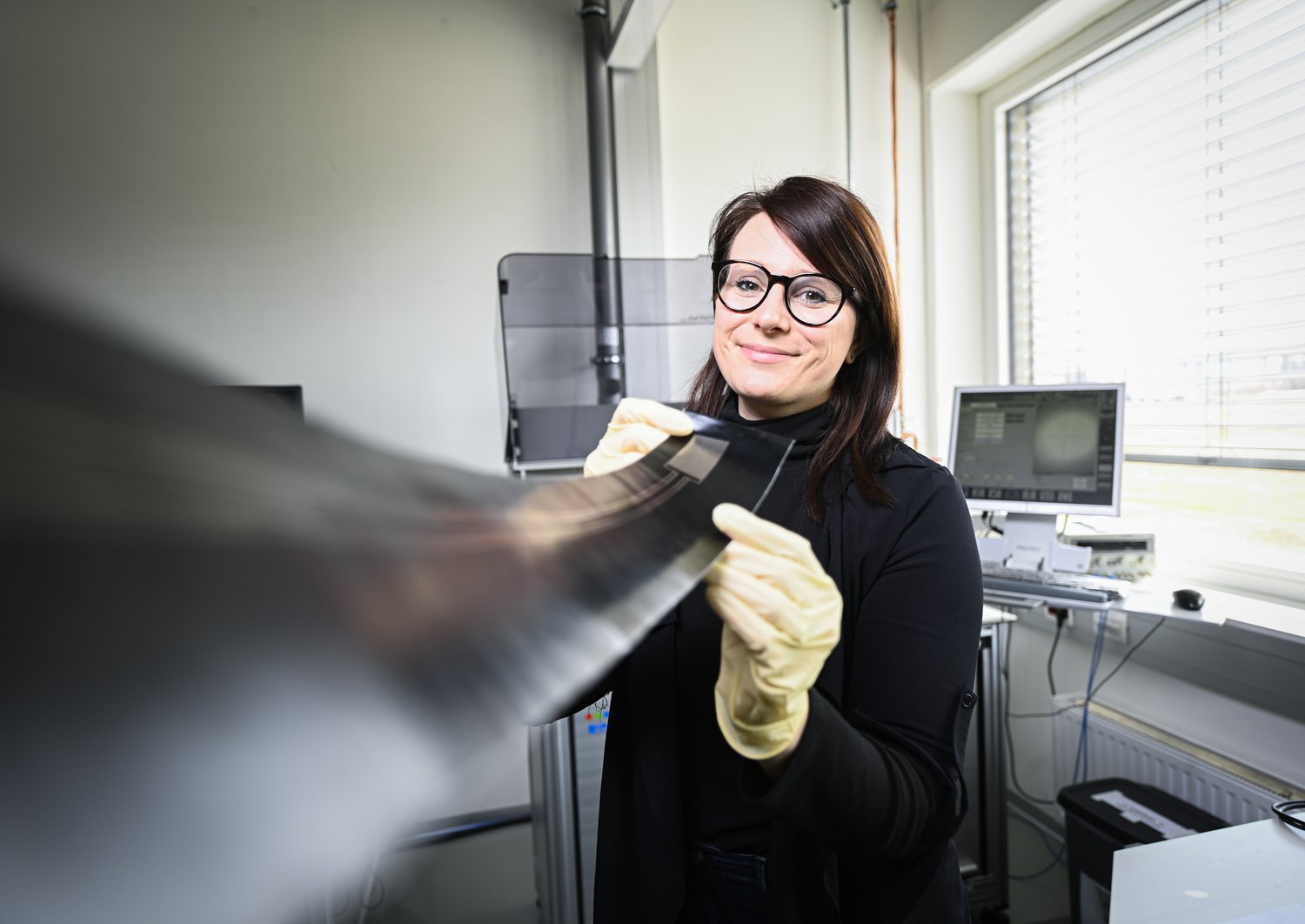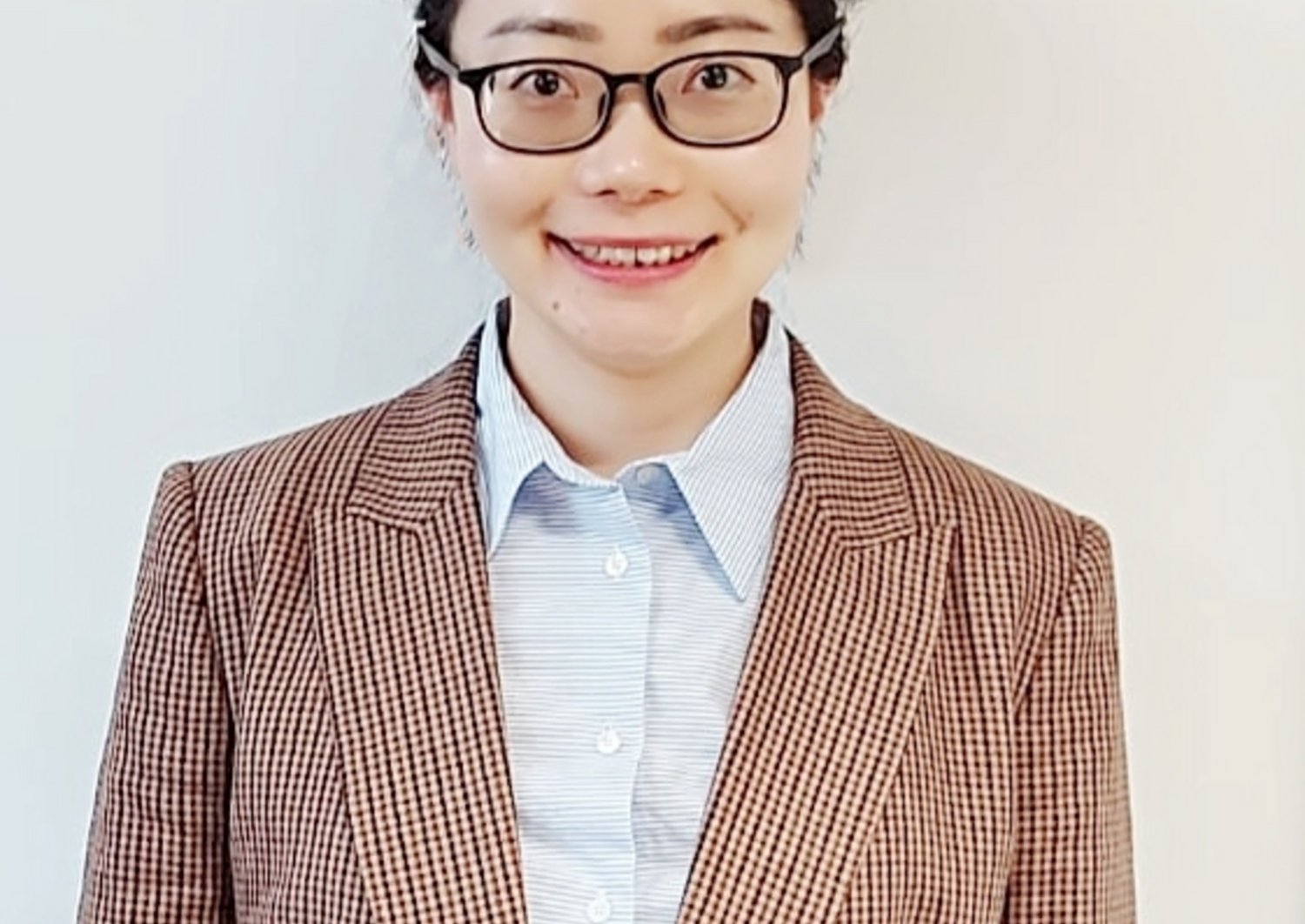Since the foundation of Silicon Austria labs as an Austrian research center, we have started over 300 projects in different research areas. Several have been successfully completed; some have led to follow-up projects with new partners and others are still running. Behind each and every one of these projects is a dedicated team, tirelessly pouring all their energy and knowledge into it. And while most projects are team efforts, a person overseeing the whole process and having an eye on the bigger picture is still required. This is where our project leaders come in: talented researchers who take on the additional responsibility of being the number one point of contact for a specific research endeavor, making sure everything runs smoothly.
What does this have to do with diversity? At SAL, our project leaders are not all cut from the same cloth, allowing people with different levels of expertise, backgrounds or from different countries to take on the task. One thing is clear though: “All our project leaders share a special kind of passion for their field of research,” shares Christina Hirschl, CEO of Silicon Austria Labs. “But overall, it is the diversity that is a winning factor for our projects. Where people with different experiences and views come together, the best ideas are born.”
A glimpse at two of our leading personalities
Johanna Zikulnig (Scientist for Advanced Sensors and Electronics Technologies) is responsible for the project FLEXS. With FLEXS, the project team is developing a sustainable, self-sufficient flexible sensor platform for the detection of chemical gases, integrating eco-conscious design principles from the start. This can be useful for applications such as the breath analysis of diabetic patients, providing a non-invasive diagnostic tool. To achieve this, the team utilizes additive printing technologies and sustainable, biocompatible materials.
“FLEXS is a great example of how technical innovation and sustainability can go hand in hand. What excites me most is the interdisciplinary approach – as my PhD project, it allows me to integrate sustainability directly into sensor development and contribute to future-oriented, eco-conscious electronics,” shares Johanna.
Chunlei Xu (Senior Scientist for Embedded AI) is the project leader for MS-ParadiseAI. The rapid advancement of artificial intelligence (AI) is driving transformative changes in various industries, with Edge AI at the forefront of this revolution. By processing data directly at the source, Edge AI enhances resilience, minimizes latency, and reduces communication bandwidth requirements.
Within MS-ParadiseAI, SAL and SEA.AI are exploring methods to improve the data-limited life/update cycle of Edge AI systems using a maritime detection and security system as a key research example.
“Through this project, we are investigating AI solutions to enhance the capabilities of maritime collision avoidance systems while also exploring broader applications of Edge AI. What makes this research particularly exciting is its potential adaptability—rather than being confined to a single use case, the insights gained could be valuable and transferable across a wide range of sectors,” explains Chunlei.






